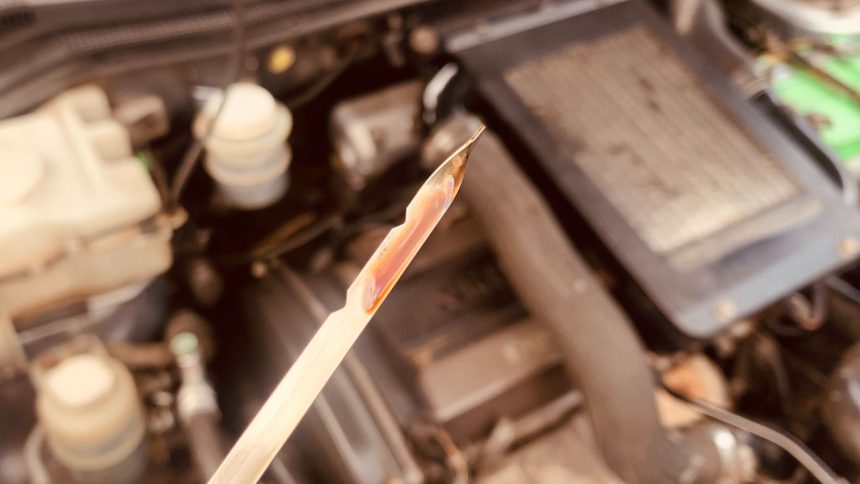Engine oil changes are significant when it comes to the maintenance of your car. Ideally, after every 5,000 km, it is recommended that your vehicle has an Engine oil change. It’s important to note that these numbers can change depending on your vehicle’s product, make, and model.
There’s much debate among car enthusiasts about when you need to have your oil changed. Most car owners wait longer to cut down on costs. If you are unsure of when you need to change your oil, contact your mechanic or check your vehicle’s owner’s manual.
What Will Happen if I Let My Car Go Too Long Between Engine Oil Changes?
Remember, your engine oil is your vehicle’s lifeline. Just like blood, your car has oil. As a result, it needs regular engine oil changes since it lubricates your engine’s internals. If ignored, this could lead to costly issues.
What if I Scheduled Engine Oil Changes?
Here are some common impacts of what can happen if you fail to change your engine oil on time.
- Dirty filter: During an engine oil change service, the oil filter is changed. If you let your filter get too dirty, it will clog, leading to catastrophic engine failure.
- Oil Stress: Over extensive use, the oil in your engine will begin to breakdown due to the daily stress caused by running the engine. After some time, it will no longer be able to perform its function as a proper lubricant. This will affect the internal components of the engine due to overheating and excessive friction.
- Corrosion: Dirty engine oil left to circulate can cause corrosion in your engine internals. If this problem is not addressed in time, it could lead to engine failure.
Benefits of Regular Engine Oil Changes
There are several reasons why regularly maintaining a healthy level of high-functioning engine oil is essential to your vehicle’s efficiency and performance.
Fuel economy
If you own a car and frequently drive over long distances, you understand the importance of having a good fuel economy.
What most car owners don’t understand is that good fuel economy and oil quality go hand in hand. Scheduling a regular oil change service will help you maintain an excellent fuel economy. Vehicles that are correctly serviced enjoy excellent performance and fuel economy.
Longer engine life
Just like blood is to humans, oil is a vehicle’s lifeline. It lubricates the engine, protecting many of its parts from wear and tear. The problem is that, over time, oil gets dirty.
Therefore, by ensuring that you have your oil and filter changed as recommended by a professional technician or manufacturer, you will keep your engine clean and protected, saving you the time and money needed for repairs.
Engine performance
Over extensive use, old oil will break down due to exposure to heat in your engine. This leads to a loss of viscosity and its ability to lubricate the internals of your engine. When engine oil gets dirty, it cannot reach the areas in your engine it needs to.
Sludge builds up and disrupts the vehicle’s operation. This forces the engine to work harder than usual, using more fuel and ultimately wearing out quicker.
Cools the engine
Excessive heat can critically damage your engine, and one of the by-products of a working engine is waste heat. Engine oil’s lubrication effect helps cool it off, keeping the heat produced at low levels. The oil promotes lubrication that prevents friction, minimizing excessive heat.
Follow Regular Maintenance Schedule
Most vehicle owners wait until their vehicles begin to perform poorly or are less efficient before they can get an oil change service.
A good rule of thumb is to establish a regular maintenance schedule with a professional and qualified mechanic. This will not only prevent your vehicle from breaking down prematurely but will also keep it working effectively for longer.










